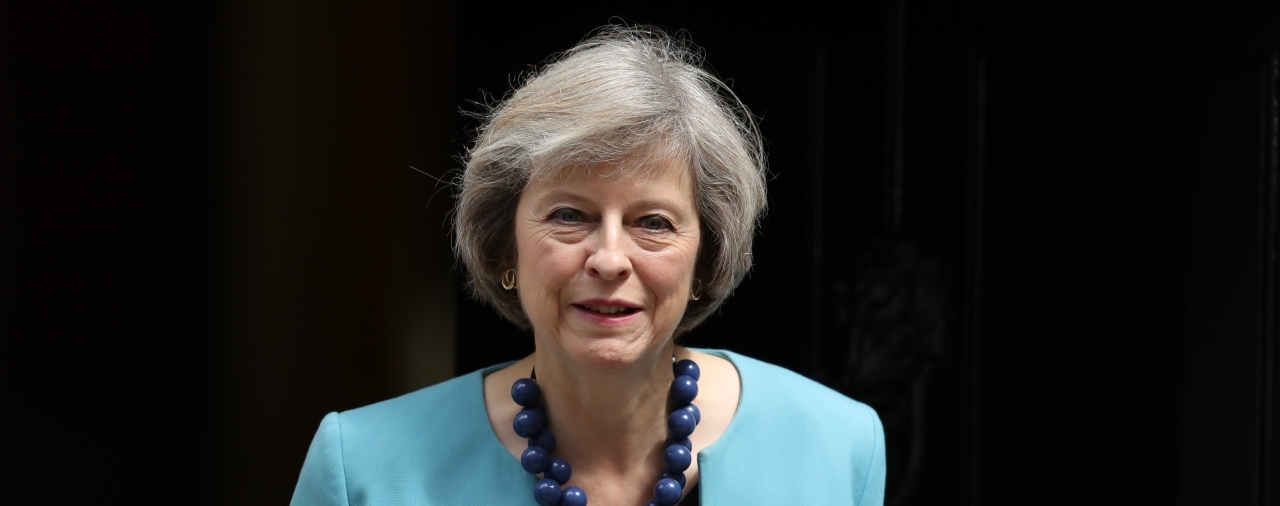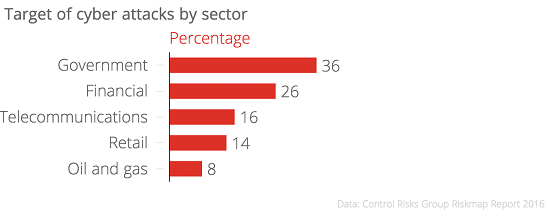UK accuses Putin of election meddling
November 14, 2017 | Expert Insights

UK Prime Minister, Theresa May, launched her strongest attack against Russia by accusing the nation of meddling in elections and planting fake stories in the media.
In what has been deemed as an extraordinary attack, she condemned Russia’s alleged attempts to “weaponise information” in order to sow discord in the west.
Background
Ties between UK and Russia can be traced back nearly five centuries. The Russians and British were allies against Napoleon, and enemies in the Crimean War of the 1850s. They were rivals again during the Great Game for control of central Asia in the late 19th century. They were allies again in World Wars I and II, although relations were strained by the Russian Revolution of 1917. During the Cold War, UK remained a strong ally for the United States and relations with Soviet Union was fraught. The end of the Cold War also established better ties between the two nations.
Since 2014, the ties between Russia and the UK have turned hostile. The British government took the lead, with France and Germany, in imposing punitive sanctions by the EU against Russia for what Prime Minister David Cameron denounced as Russia's seizure of Crimea and support for separatists in Ukraine. Further sanctions followed after the destruction of Malaysia Airlines Flight 17 over rebel territory. Russia warned against reopening the Cold War and responded by partially cutting trade with the EU.
In the recent years, Russia has come under scrutiny for trying to influence elections in democratic nations. It has been accused of running an influence campaign during the 2016 US Presidential elections. Additionally, two days before France's recent presidential election, hackers leaked nine gigabytes of emails from candidate Emmanuel Macron's campaign onto the web. NSA director Michael Rogers said, “If you take a look at the French election ... we had become aware of Russian activity.” Russian President Vladimir Putin has repeatedly denied any knowledge or complicity in the matter.
Companies like Facebook and Google have admitted to finding evidence of Russian-linked accounts that posted politically divisive content on their platforms. To date, Facebook has said that it identified 470 accounts linked to the Internet Research Agency, a Kremlin-linked troll farm, while Twitter has identified 201 accounts.

Analysis
UK Prime Minister, Theresa May, launched her strongest attack against Russia by accusing the nation of meddling in elections and planting fake stories in the media. In what has been deemed as an extraordinary attack, she condemned Russia’s alleged attempts to “weaponize information” in order to sow discord in the west.
The prime minister spoke out against “the scale and nature” of Russia’s actions during an address at the lord mayor’s banquet, saying it was “threatening the international order on which we all depend”. Listing Russia’s attempts to undermine western institutions in recent years, she said, “I have a very simple message for Russia. We know what you are doing. And you will not succeed. Because you underestimate the resilience of our democracies, the enduring attraction of free and open societies, and the commitment of western nations to the alliances that bind us. The UK will do what is necessary to protect ourselves, and work with our allies to do likewise.”
May also stated that Vladimir Putin's government was trying to "undermine free societies".
May’s speech was in contrast to the tone struck by US President Donald Trump during his recent visit to Asia. He said that he believed Putin when the latter said that he wasn’t involved in hacking elections. Trump has been criticized for his words and has backtracked some of his statements. May, however, struck a defiant and clear tone. She said, “Russia has repeatedly violated the national airspace of several European countries and mounted a sustained campaign of cyber espionage and disruption. This has included meddling in elections and hacking the Danish Ministry of Defence and the Bundestag among many others.”
May said as a response to mounting evidence of Russian interference, cyber security is now a main priority in UK. She noted, “It is why we have stepped up our military and economic support to Ukraine. It is why we are strengthening our cybersecurity and looking at how we tighten our financial regimes to ensure the profits of corruption cannot flow from Russia into the UK. So, we will take the necessary actions to counter Russian activity.” She also stated that UK and its allies will do everything within their power to protect themselves adding, “Russia can, and I hope one day will, choose this different path. But for as long as Russia does not, we will act together to protect our interests and the international order on which they depend.”
Assessment
Our assessment is that Theresa May’s speech is signal that Western democracies now view Russia and the government as a direct threat to their sovereignty. Her speech is also indicative of how vulnerable governments have become to cyber-attacks.








Comments